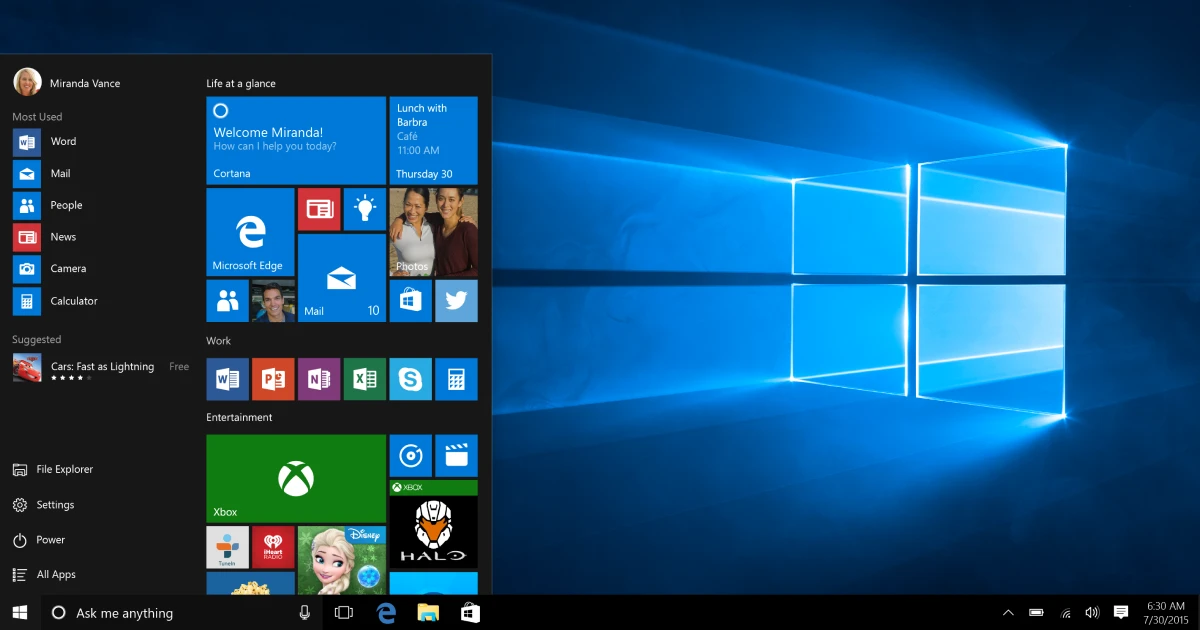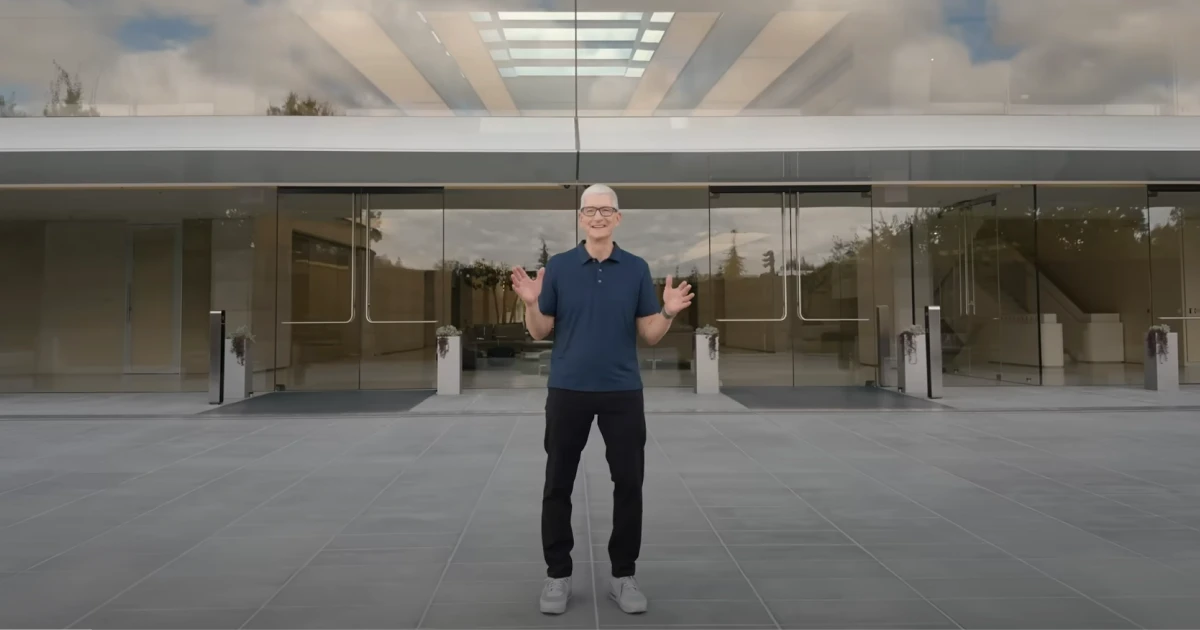Through mindfulness, we can become more attuned to ourselves and gain a deeper understanding of why we act in certain ways. This practice helps us to live in the moment, be aware of our actions and thoughts, and stay connected to our inner selves. In our fast-paced society, it's easy to feel anxious and worried about the future, causing us to disconnect from our bodies and minds. This disconnection can lead to feelings of sadness and anger, making it even more essential to practice mindfulness and stay present.
Mindfulness is a powerful tool that aids in the healing of both our bodies and minds. By working with our inner selves, we become stronger and better equipped to handle the daily stresses of life. This practice promotes a safe and nurturing environment, ultimately benefiting our hearts and overall well-being. With its roots in Buddhist meditation, mindfulness can help cultivate strength and resilience, while also reducing stress. In a survey done by the “National Library of Medicine”, 86.9% of respondents said that meditation helped them feel better emotionally while 79.0% said it helped improve their overall health.
We also can encounter a more relaxed body that will lead to better mental health and overall well-being.
You may feel skeptical that you don't have time for meditation, but the truth is, you do. Just five minutes a day can make a significant impact on our well-being. The beauty of mindfulness and meditation is that you can practice it anywhere and everywhere, without requiring a special environment. Within a few minutes, you'll feel more relaxed and prepared to tackle the next item on your to-do list. For instance, you can practice mindfulness on your commute to work, while you’re walking to lunch, or right before you go to bed. See - you got time!
But there’s more! In addition to its mental health benefits, mindfulness and meditation can also have a positive impact on our physical health by preventing and reducing cell aging. Stress is known to be a major factor in the death of cells, and its effects on our bodies can be hard to detect immediately.
A review of studies published in the journal “Frontiers in Psychology” found that mindfulness-based interventions can have a positive effect on telomere length, which is a marker of cellular aging. Telomeres are protective caps on the ends of the chromosomes that shorten as cells divide, and shorter telomeres are associated with increased cellular aging and disease risk.
Still, a lot of studies need to come out to fully grasp if mindfulness 100% impacts cellular aging - but for now, research shows that there may be a connection!
Many of us have become accustomed to feeling stressed and assume it's normal, but it's important to recognize the toll it takes on our bodies. Anxiety affects everyone differently, but it can leave deep scars if left unaddressed. The good news is that we can prevent this by practicing mindfulness and meditation.
Well, one simple technique that can be done everywhere as it doesn’t require anything special is breathing. Focus on your breathing, feel the oxygen entering your lungs, and how you are in control of every move. Don't be judgmental of your thoughts or feelings as they arise, and then return your attention to your breath. After this, focus again on your breathing.
Try and do this anytime you can before a stressful situation like an exam, or maybe an important interview, or when you are in the park and walking your dog. It will give you the boost of energy necessary and it will also improve your mental health.
Another great way to practice meditation and mindfulness is by using an app. Nowadays, apps offer us the possibility of guided meditation. These days, apps offer us the possibility of guided meditation, with some great options available that help create the ideal environment for our minds. There are even classes for kids, as mental health isn't restricted by age. Some apps also provide meditation courses that help us get a better night's sleep, and even offer bedtime stories for children. These apps can be tailored to our individual needs and can provide us with an easy way to practice mindfulness and achieve a more peaceful, relaxed state of mind. Many apps also feature audio tracks and visualizations that help us clear our minds, and some even offer breathing techniques to help us focus on the present.







.webp)









